Ramadan summons intense faith in Delaware
In the midst of the Muslim holy month Ramadan, some may pray in makeshift worship centers.
Other Delawareans acknowledge it by visiting full-fledged mosques.

You must be a member to read this story.
Join our family of readers for as little as $5 per month and support local, unbiased journalism.
Already a member? Log in to continue. Otherwise, follow the link below to join.
Please log in to continueNeed an account?
|
Ramadan summons intense faith in Delaware
DOVER — In the midst of the Muslim holy month Ramadan, some may pray in makeshift worship centers.
Other Delawareans acknowledge it by visiting full-fledged mosques.
But wherever they gather, devotion is still all-important. And, with the Israel-Hamas war ongoing, recognizing faith comes with high intensity.
According to Middletown resident Faisal Chaudhury, a board member of the Islamic Society of Delaware, when a Muslim suffers anywhere in the world, the pain is felt globally.
“This is an incredibly tough time because Muslims are supposed to be a collective. It’s like we’re one human body. So, if one part of the body is hurting, obviously, the entire body is hurt.
“So, if the people in Gaza and Palestine are hurting, just by that analogy, the community is hurting. There is absolutely an extra prayer for peace and an end to the violence in Palestine and Gaza almost every prayer, no matter which mosque you go to, no matter which country you go to.”
Mr. Chaudhury said that, during Ramadan, around 100 Muslims gather nightly in a Middletown-area school for prayers. The period began March 10 and runs through April 9.
Meanwhile, in Dover, Islamic Society of Central Delaware resident scholar and Imam Arqum Rashid and others gather at a mosque to do the same.
Around 800 observers gathered at an afternoon session Friday, he said, and attendance for evening prayers is typically between 400-500.
As part of Ramadan, Muslims typically fast from sunrise to sunset to follow their faith, as prescribed by the Quran holy book. It’s a tradition Imam Rashid has been participating in since he was a child.
“I was born Muslim, so I’ve been fasting since I was pretty young,” he said. “Kids start at different ages. In the very beginning, sometimes, they’ll fast like one day a month. Sometimes, they’ll fast a few days in the month.
“There’s usually cultural celebrations of some sort that families post when their kid fasts for the first time.”
One of the reasons for fasting, he continued, “is that you’re abstaining from physical nourishment to focus on your spiritual nourishment.”
“Ramadan is the most spiritual time of the year for Muslims. We believe it’s the most blessed month of the year. And it’s the time of year where you kind of retreat, while feeding your physical state and nourish(ing) your spirituality.
“Along with taking care of our physical health, it’s just as important to take care of our spiritual health, and Ramadan allows the person to focus on that.”
While Imam Rashid said experiences likely range widely among Muslims, to him, “the month itself feels like a very special moment.”
“There’s more community. There’s more communal worship. There’s more connections with people that are on the same journey as you. So, it’s a very special moment that takes place.”
In Dover, Sobia Choudhri described Ramadan as her favorite time of year.
“It’s a time when you strengthen the community ties, family ties, your ties to God. Personally, I try to read more of the Quran, and just reflecting on it brings me closer to God every year.”
Also among the attendees at Friday’s gathering were 82 sophomores from St. Andrew’s School. The Middletown-based facility has taken students to the mosque for at least 30 years, said Religion and Philosophy Department chair Terence Gilheaney.
Students also visit a Jewish synagogue and a Hindu temple in Wilmington, and the United States Holocaust Memorial Museum in Washington, D.C.
“I think it’s crucial that people of different faiths see all faiths and get a sense of their humanity and also their differences,” Mr. Gilheaney said.
“The trip to the mosque gives us a sense of the diversity of the Muslim community in Delaware, which is awesome, and also gives us a chance to experience what worship looks like because the embodiment of worship is such an important aspect of religions, so just reading about it is not enough.
“I think it is important to see it, hear it, use all your senses.”

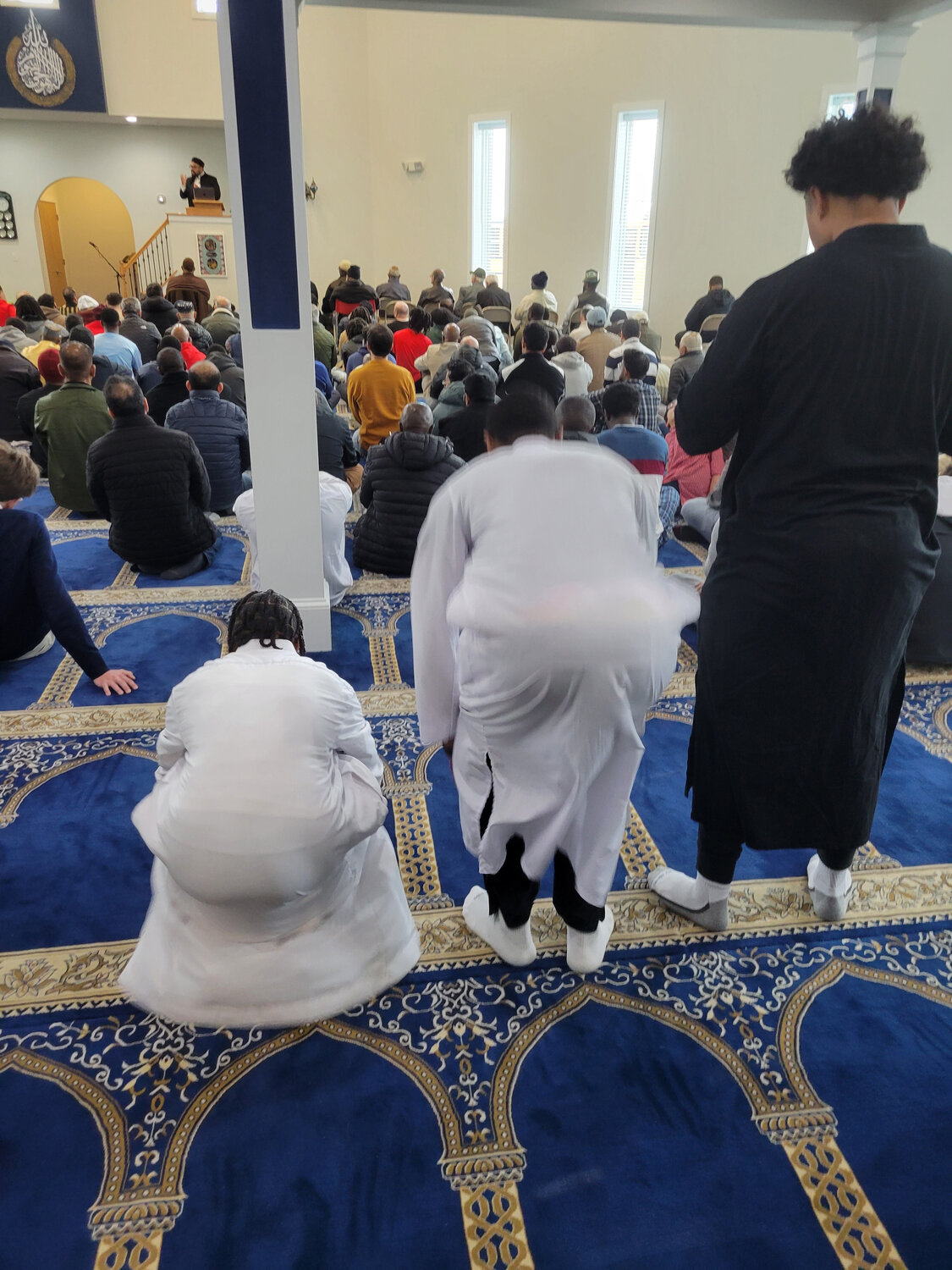
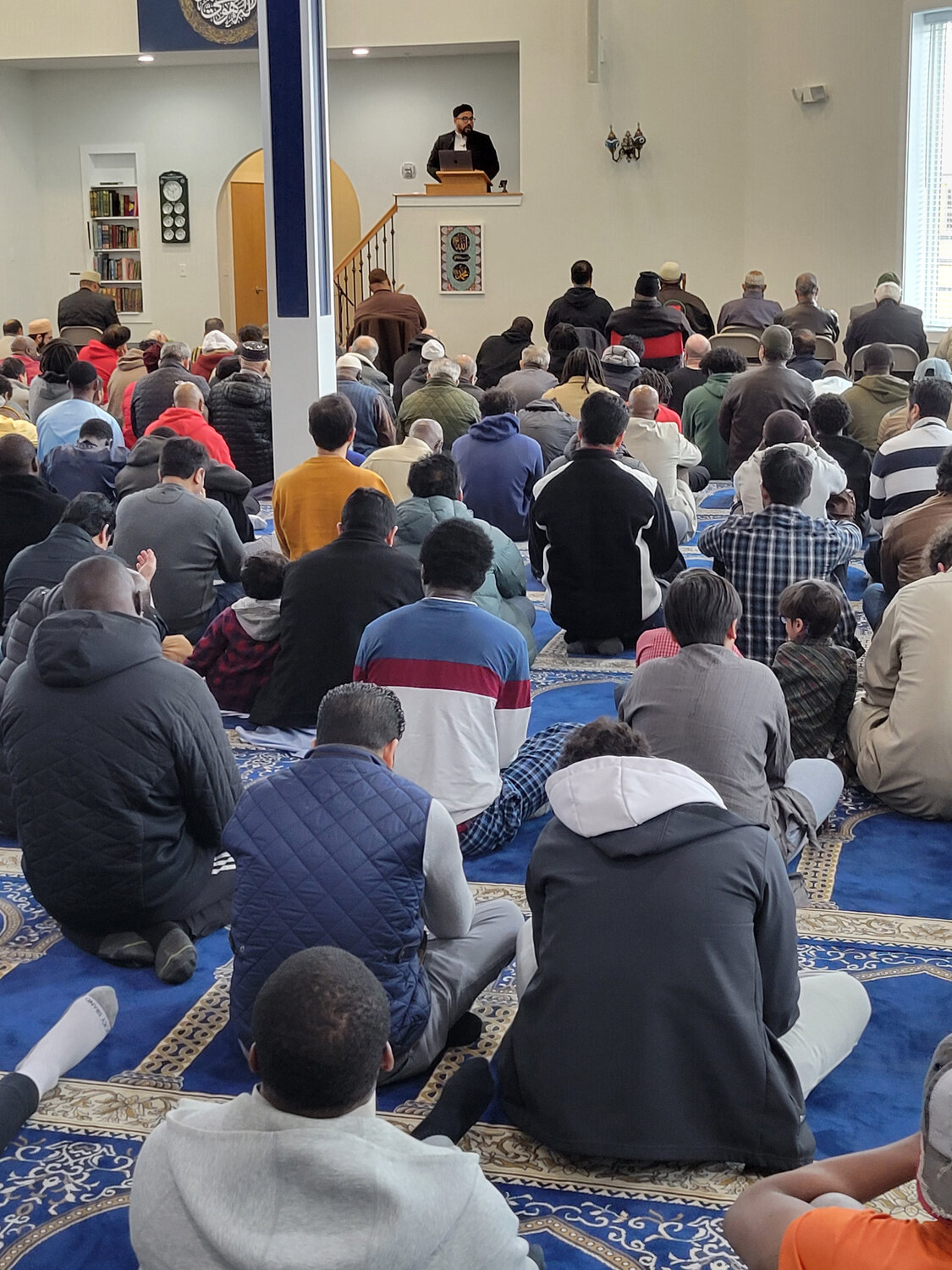
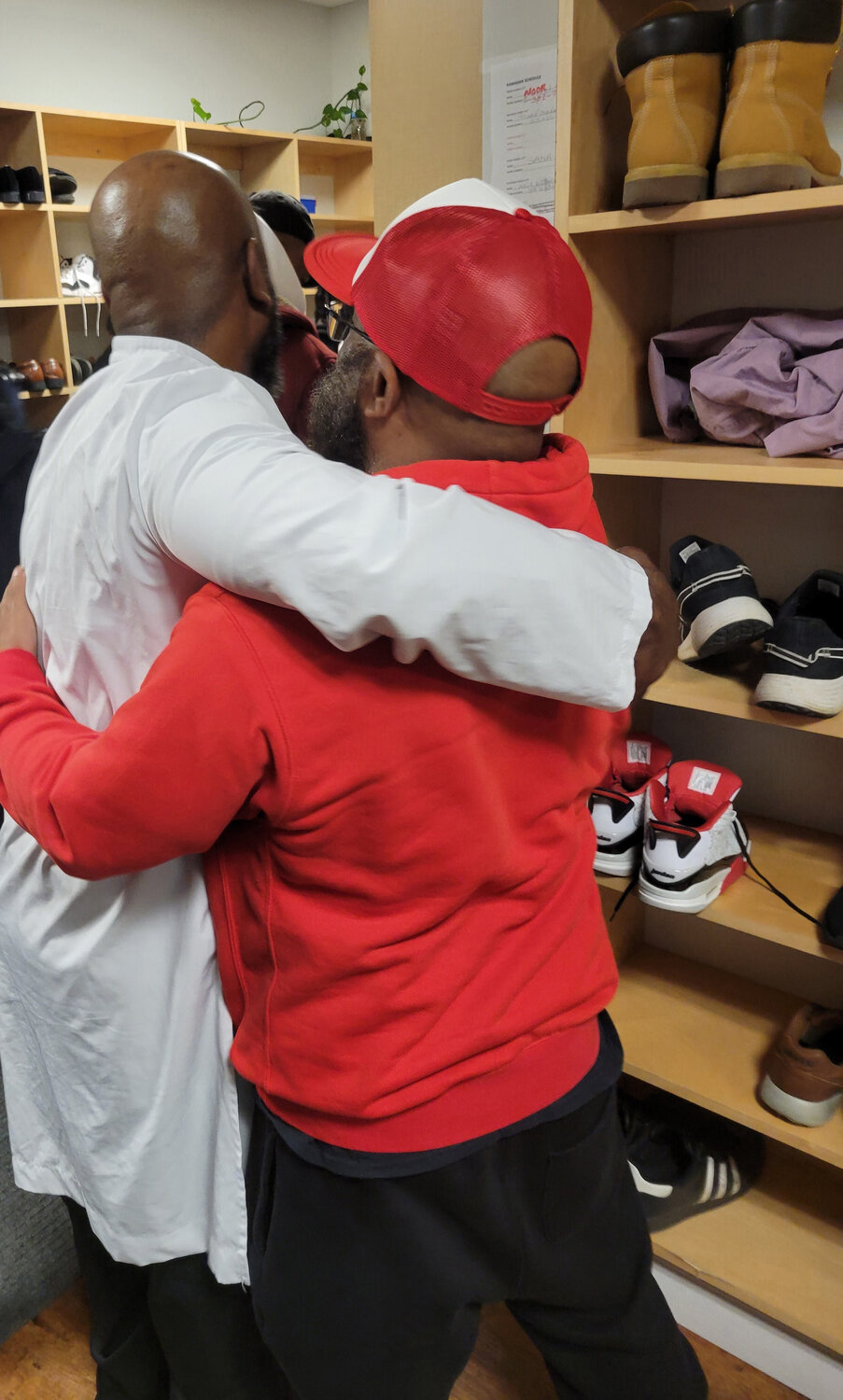
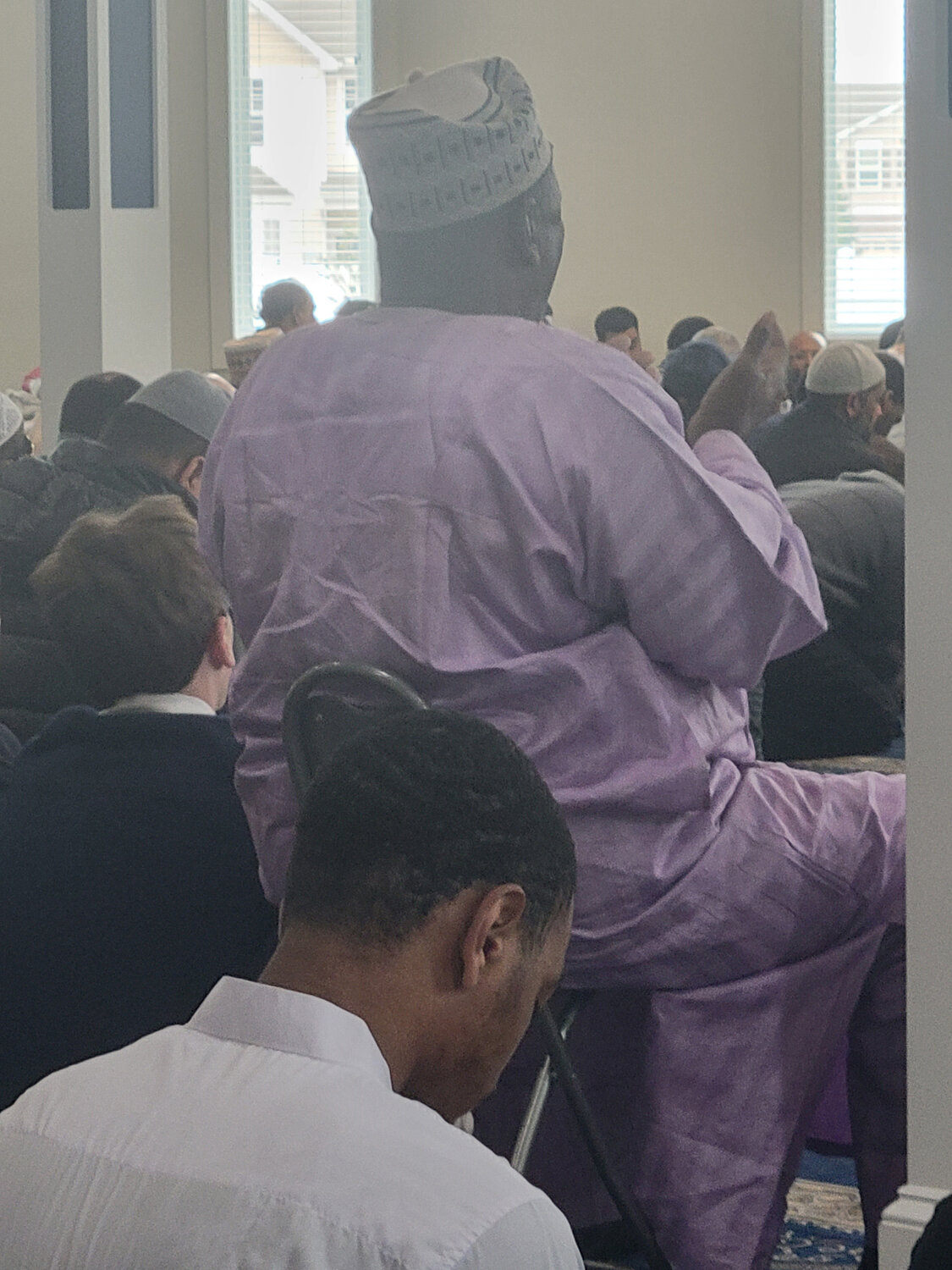
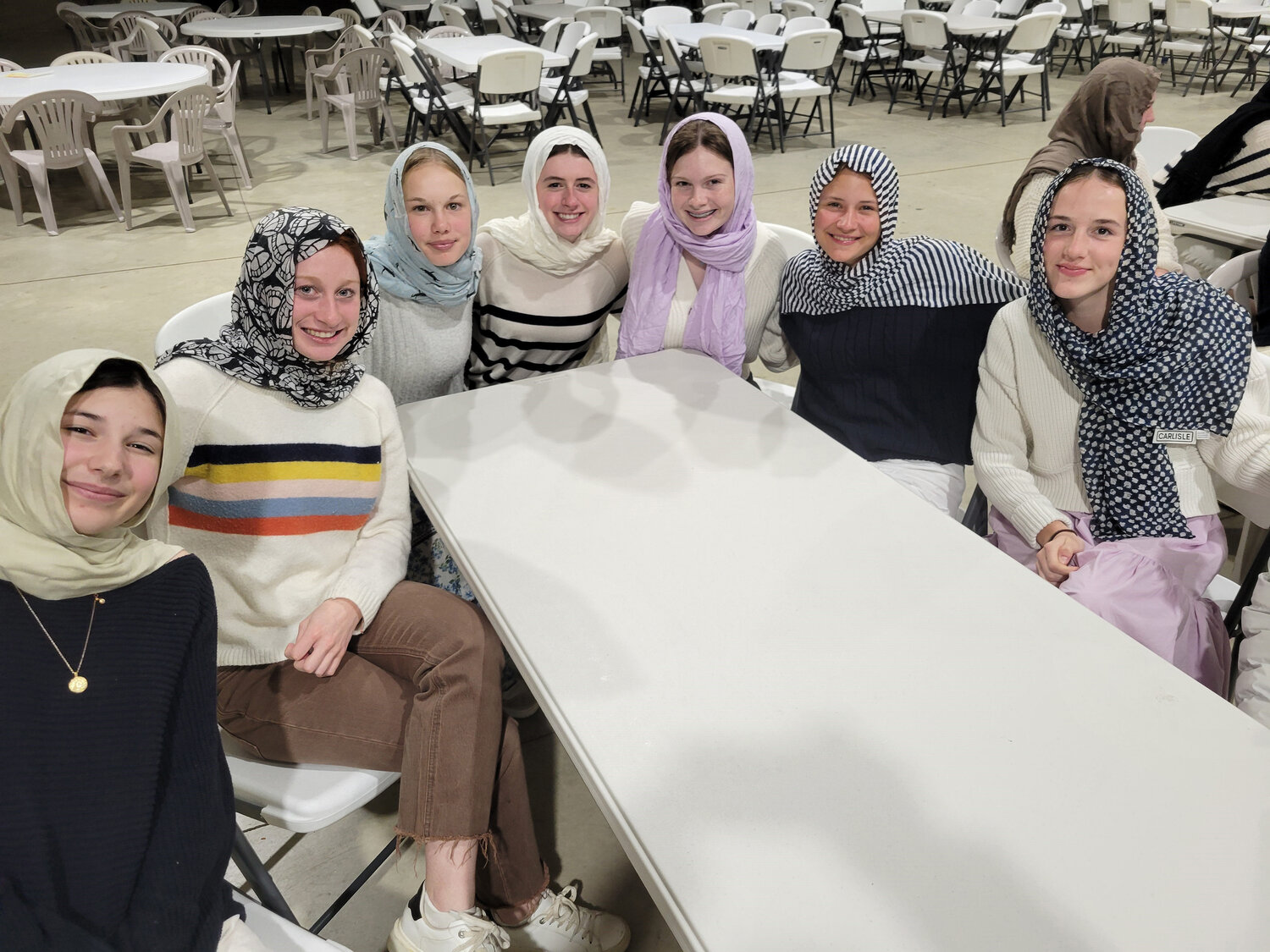
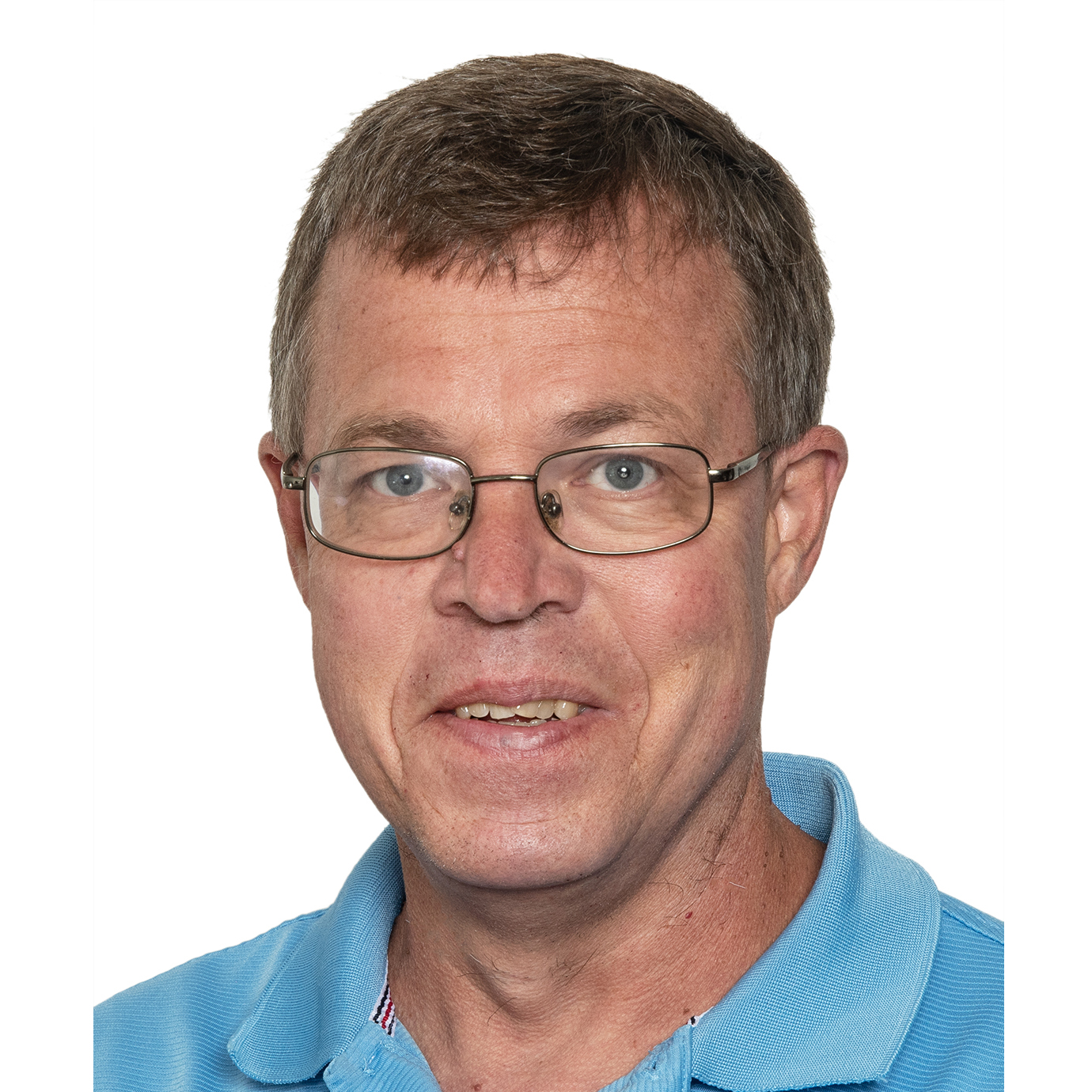 By
By 



